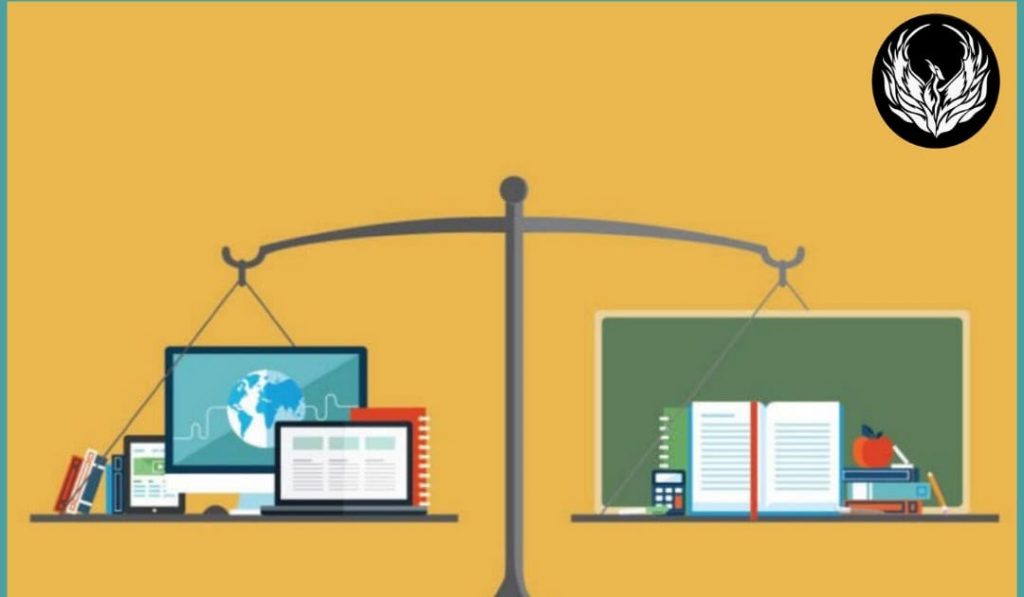
Technical School Vs Traditional College
When choosing between attending a technical school or a traditional college or university there are many factors that should be considered. For example, the location of either type of school can make it attractive. If a student has limited resources and needs to live at home while attending school a location within a short commuting distance can be very important. Perhaps the most important consideration is the type of career a student wishes to have after completing his or her studies.
A technical school most often provides a more limited curriculum, and as the name implies, a more technical education. This type of education is valuable because it can lead to good employment. Often technical schools have developed strong relationships with employers and have a good track record of getting students into jobs shortly after they complete their studies. In most cases a technical school offers a two-year or associate’s degree. The classes that are taught are specific to the field of study and are intended to be applied. For this reason people who graduate from these schools often become technicians or might perform clerical work in accounting.
A technical school can be a good choice for students who are already working and need to continue to work to support a family as well as pay for their education. These schools often offer evening courses and online classes at times that work well for this type of student. A degree from a technical school might enhance employment opportunities for students. Also, the class size in a technical school is usually smaller, which provides students with a more personalized education and more interaction with the teachers.
Technical schools also have some disadvantages. For example, an accounting course from a technical school will cover more of the mechanics and less of the theory behind the material covered. Also, for those who wish to obtain a professional certification such as being a Certified Public Accountant, the technical school degree is not sufficient. Candidates for the CPA Exam must have a bachelor’s degree with a minimum number of hours in accounting that is determined by each state. Additionally, hours earned at a technical school might not be likely to transfer to another school or university. Students who start at a technical school and decide to transfer to a college might find that they must take most classes over again, a waste of time and money.
A traditional college or university provides a good education for some students who wish to work in the accounting field. For those desiring certification a minimum of a bachelor’s degree is required, with at least 30 hours in accounting. As in Texas, some states might require that a minimum of 15 accounting hours be taken on campus. Those students seeking high-prestige employment, perhaps in a public accounting firm, should also carefully evaluate the reputation of the college or university. It is usually easier to get a job from some prestigious firms if you also attend a college that is highly ranked.
One primary difference between a technical school and a college is that a college education is intended to develop a student’s ability to think and resolve problems. A technical school focuses more on specific detailed studies of subjects directly related to the field. At first glance it might seem that some classes are superfluous and that students of accounting shouldn’t have to take them. For example, history, English literature, and speech classes could seem unnecessary. However, professional accountants working in public accounting or private companies must be able to communicate clearly, in proper business English, and report on problems, proposed solutions, and business activities. Classes like English and speech help students to communicate more clearly.
There are some possible disadvantages to attending a college or university. Often class sizes (especially at larger universities) in the beginning accounting course can be quite large, with 100 or more students. This can make it more difficult for some students to get help with difficult topics, ask questions during class, and get personalized instruction. Usually the classes after basic accounting are smaller, and students have more opportunities to interact with professors. Some colleges and universities are also quite expensive; however, financial aid might also be available.
Each student must choose the type of education and school that best suits his or her needs. It is wise to research all options. This can be done by searching the Internet, asking friends who have attended a school, speaking with a guidance counselor, and visiting the schools you are interested in.



